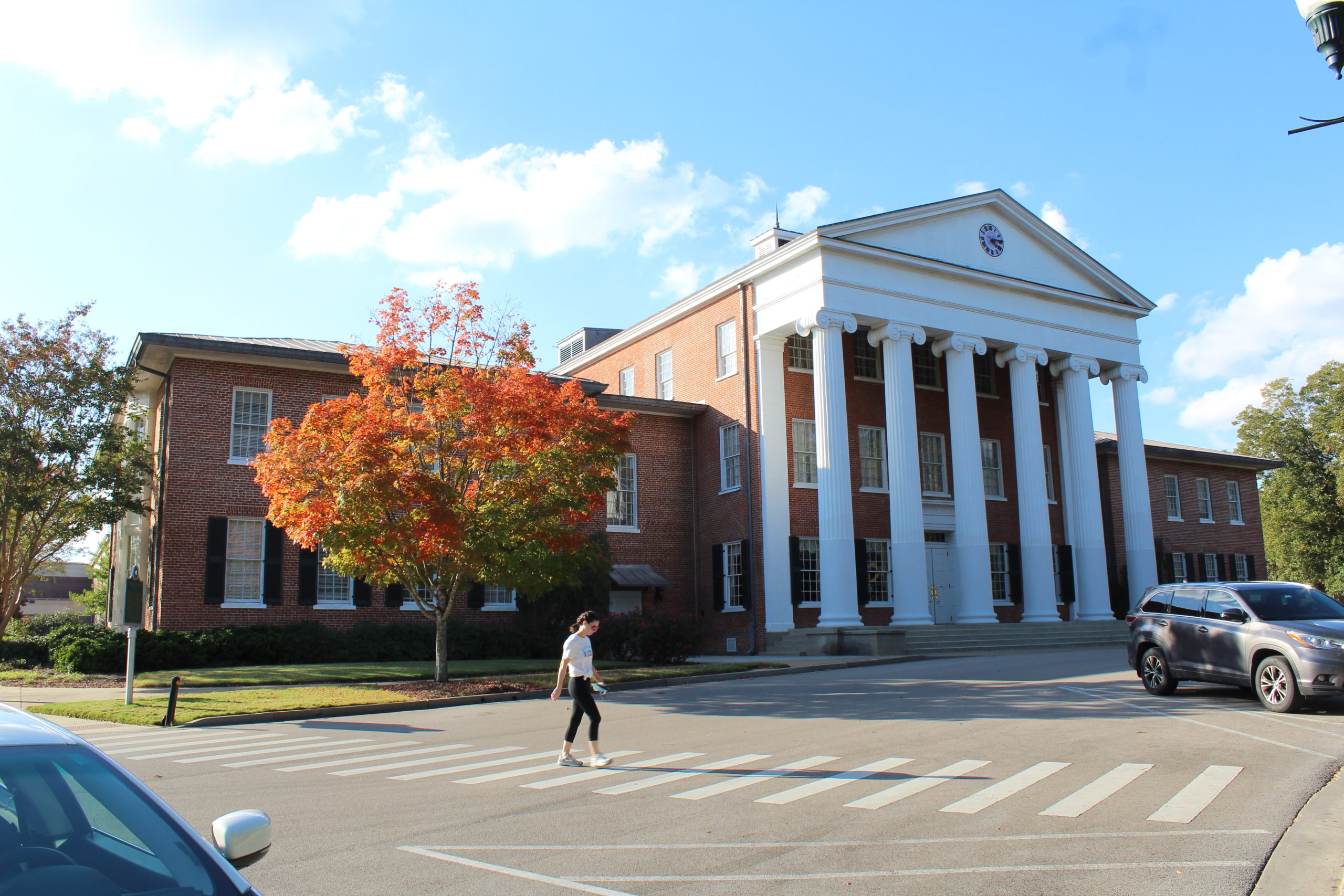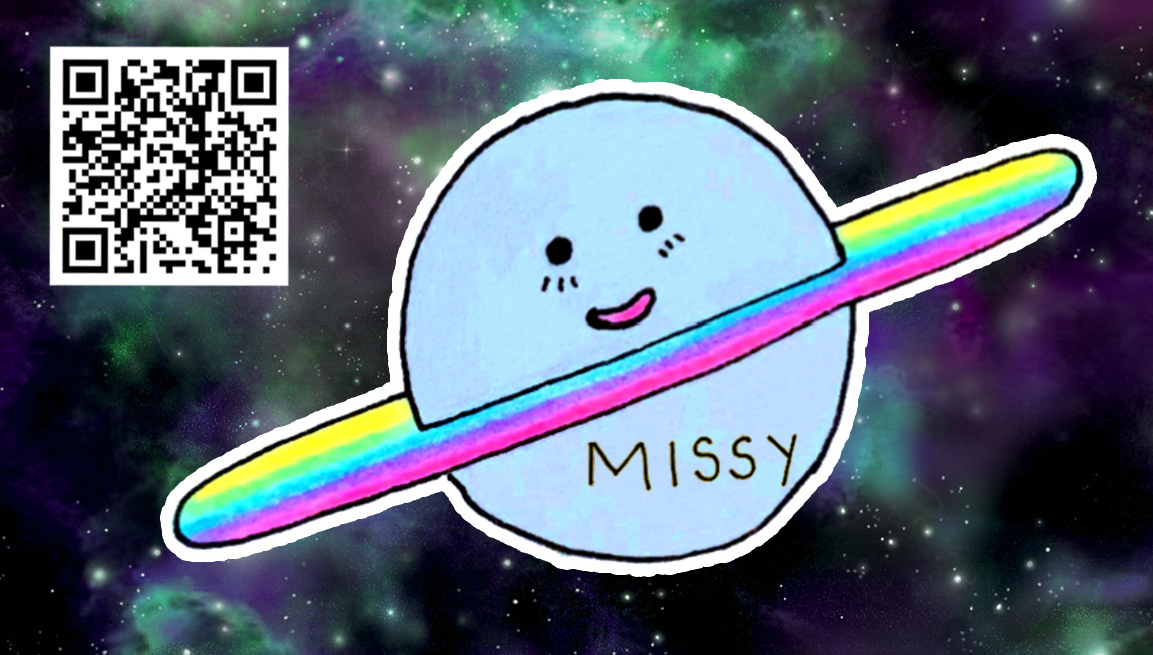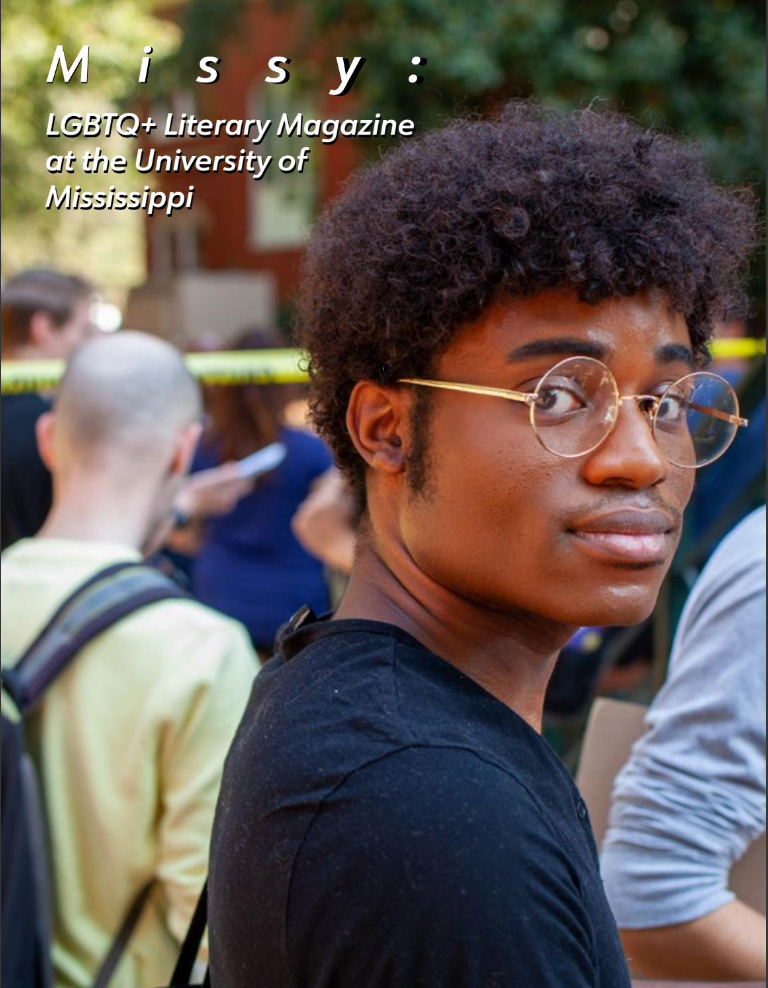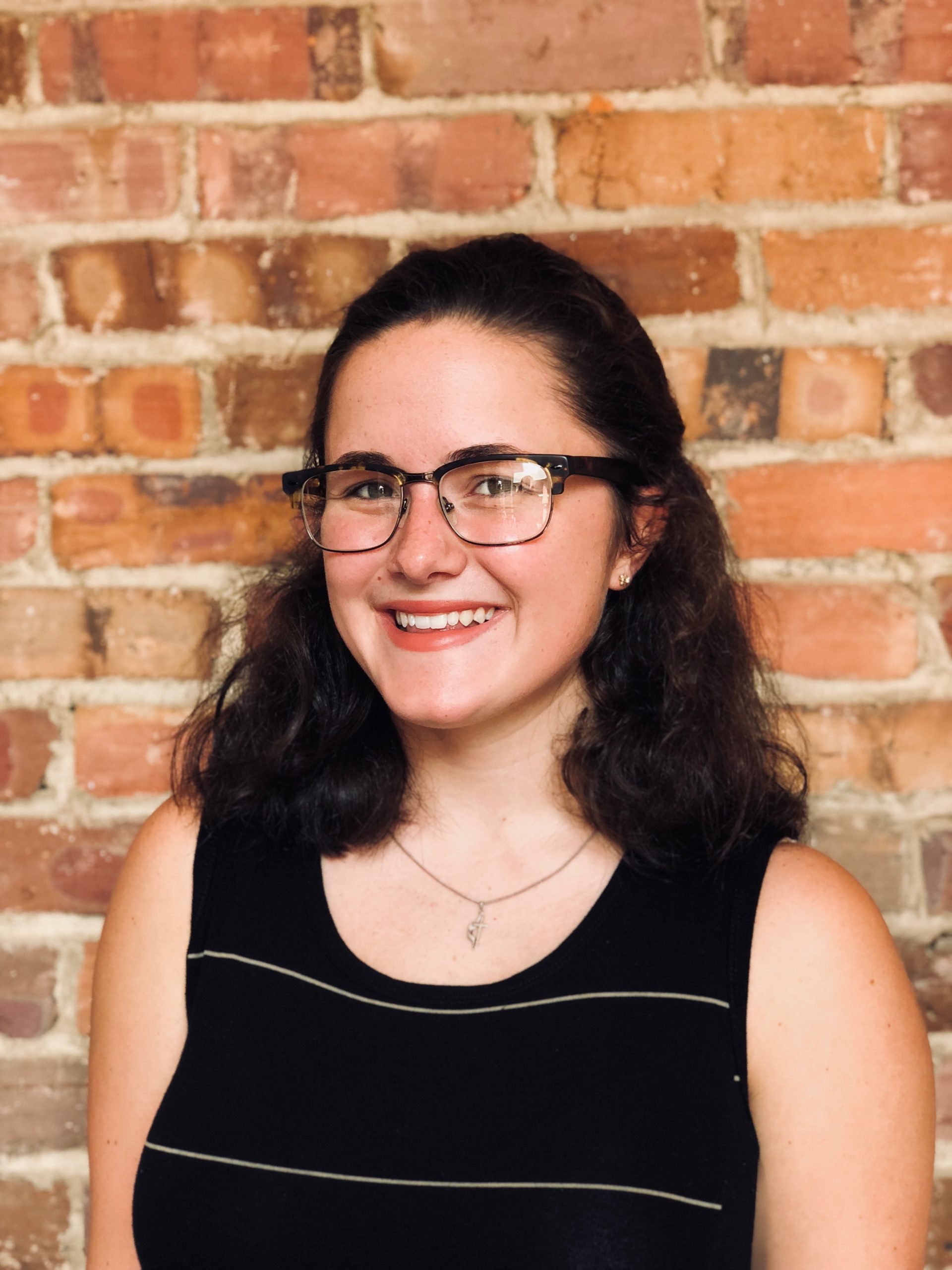When Greg Parker was a senior at the University of Mississippi, he noticed something missing on the campus of the state’s oldest public university: a publication that celebrated the talents of its LGBTQ+ students and their allies. “I can’t remember quite when the idea for a magazine first came up,” Parker admitted. “But I attended the Transitioning to College Writing Symposium, and someone did a panel on zines.”
Zines, which are small-scale publications based around texts and images, gained popularity through underground social-activism groups in the 1960s and 1970s. After seeing their usefulness and impact at the symposium, Parker thought the Oxford campus would be the perfect place to revive the medium in the form of a digital publication aimed at LGBTQ+ students and their allies.
Parker, who served as the co-president of the university’s Pride network at the time, pitched the idea to his executive board. “It really snowballed from there,” Parker enthused, recalling the board’s struggle to select a name for the fledgling publication. Several names were considered, but in the end, “Missy” emerged victorious.
“It was kind of a combination between ‘Ole Miss’ and ‘Miss Thing,’” Parker said, laughing. “That way, it would still seem to be associated with (the University of Mississippi).”

Getting Missy off the ground, however, proved to be a labor of love, as Parker worked to connect with a faculty sponsor, eventually bringing Tyler Gillespie, an instructor of writing and rhetoric at the college, on board to advise him and his fellow creatives.
Gillespie said his sponsorship of Missy was a perfect fit. “It was important for me to find community throughout my life, and I was excited to help students do that as well,” the adviser said. “I think that it’s important to create these kinds of spaces for students who identify with different community groups.”
The group put out a call for editors and writers, though Parker acknowledged that the inaugural year saw a small applicant pool. “We recruited who we could,” Parker said.
In the end, he ended up with a team of four creatives to assist him: associate editors Grace Marion and Michael Martella, outreach coordinator Emily Stewart and art editor Liz Parks. The group’s size was no reflection of their passion, though, as they put out numerous calls for submissions and advertised as widely as they could. Marion is also a freelance reporter for the Mississippi Free Press.

Gillespie noted that he was appreciative of the students’ thoughtfulness during the submission process. “They wanted to think about how to represent the community and how to do it in a responsible way,” he said. “(The magazine) is digital and is circulated to students, and some are coming out or are in that process. They may want to have conversations with some people, but not others.”
The students agreed that this commitment to ensuring a safe space for all Missy contributors was paramount, deciding to accept works submitted under pseudonyms and works from allies to ensure that all subsets within the LGBTQ+ community had a voice in Missy’s first-ever issue.
“We (have had) complicated and important conversations about what it means for something to be a queer text and how we publish it on campus,” Gillespie said of the decision. “This is a community that’s moving toward acceptance on campus, but it can still be complicated for some students. The students (on the editorial board) were there because they wanted to have these conversations.”
Months of conversation eventually bore fruit, as Missy celebrated its first issue with a release party on Oct. 21 in Lamar Hall’s fourth-floor LGBTQ+ lounge. “It was the first time I’d been on campus since COVID,” Parker said. “Way more people were there than I expected.”

Parker said that the crowd made him nervous, as he was scheduled to read one of his own pieces that had found a home in the magazine during the evening’s events.
“It’s funny because so much of what I wrote in my college creative writing classes was centered around being queer, but this poem was not at all about being gay,” Parker said of his piece. “My professor was trying to get us to write from other people’s perspectives.”
The perspective of others would be a resounding theme for Missy’s first issue, as Gillespie and Parker both noted that they were moved by Hooper Schultz’s cover image, which was taken from his photo essay in the magazine, “Holding Space.”
“Holding Space” seemed simple on the surface: a collage of young people, some smiling, some looking pensively into the distance, another wearing a veil and holding a ballerina pose. “It was queer people out there being queer people,” Parker said. “It wasn’t staged. I liked seeing them in that light.”
“I think that’s exactly what we wanted to do,” Gillespie agreed, citing the photographs’ everyday, common-place representation of LGBTQ+ identity. “It speaks to the mission of the publication.”
Missy Magazine’s editorial board is currently accepting submissions from UM LGBTQ+ students and their allies for its second iteration.






